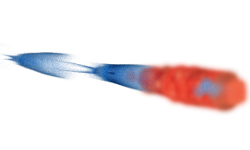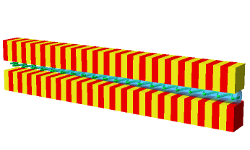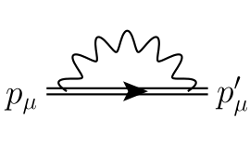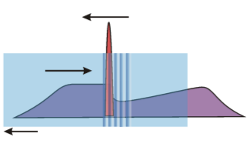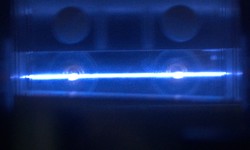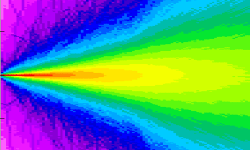The aim of the ALPHA-X project is the development and application of laser-driven plasma accelerators, compact devices capable of accelerating electrons up to GeV energies over cm-scale distances. In addition to being much smaller and less expensive than conventional accelerators, laser-plasma accelerators have unique and useful properties, such as providing femtosecond electron bunches and acting as drivers of coherent and incoherent radiation sources over a wide frequency range from THz to X-rays.
The ALPHA-X project began in September 2002 with funding from the Research Councils UK Basic Technology Research Programme. Since March 2007, the major funding sources have been EPSRC grants. The ALPHA-X consortium has consisted of major laser, plasma and accelerator research groups in the UK. Currently, the consortium comprises of groups from the University of Strathclyde, Lancaster, St. Andrews and Glasgow, augmented by a significant team of international Collaborators and Partners. The hub of the project is the ALPHA-X Beam Line at the University of Strathclyde.
Construction of the ALPHA-X beam line began in 2003 and operation started on the 1st March 2007, when the first electron beams were produced. This first phase of operation ended on the 26th February 2016, with the shutdown of the Colville Building labs ahead of the re-location into SCAPA. Operation is expected to start again later in 2017.
The following pages provide an overview of our research program.

